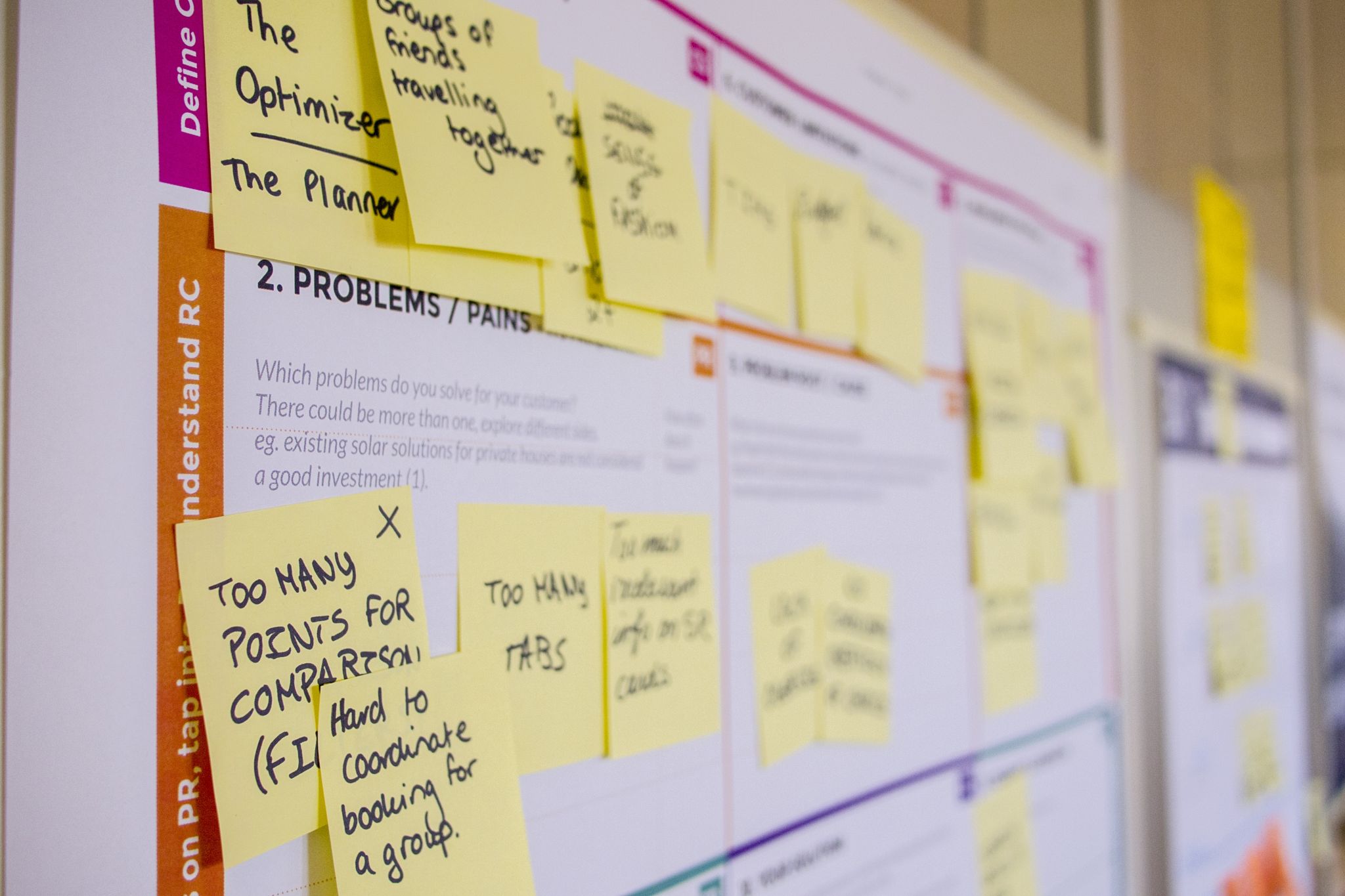Minimum wages set by the country’s legislation is known under different names (SMIG, SMIC, SNMG) and is subject to a lot of debates among social partners from different countries. Depending on the country, we call them guaranteed minimum pay among professionals (SMIG), growth minimum pay among professionals (SMIC) and or minimum national guaranteed pay (SNMG). It actually refers to countries’ minimum wage set by legislation. We will be looking at finding the French speaking African countries that offer the highest paid salaries.
A comparative analysis of different minimum wages that African countries offer allows us to say without an ounce of a doubt that Morocco is at the top of that list. They set the bar high with their minimum wage of 137,095 FCFA which is the highest. So on a scale of 1 to 18 countries, Morocco is the number one African country in terms of minimum wage in African countries. In the country of sheikhs, the latest salary review was on July 1st 2014 and showed a rise of 10% making the minimum wage reaches 209 €. Other countries like Equatorial Guinea and Algeria also hold a good position in that ranking making those countries become the 3 countries with the highest minimum wage in French speaking Africa. From 90,000 FCFA in 2002 in Equatorial Guinea, the minimum wage is now at 128.000 FCFA (195 €) and in Algeria it went from 93, 258 FCFA to l112,000 FCFA (171 €).
Thanks to the last promises from presidential campaigns in French speaking West African countries, the minimum wages in those countries have raised a little. That is the case of Ivory Coast where the minimum wage has reached 60,000 FCFA (91€) since January 2014 so a 39% raise. In Benin, the Council of Ministers from April 16 and 17 of year 2014 has got the minimum wage up to 40,000 FCFA (61€). However, it is in that same area in the French speaking West Africa that we found the lowest minimum wage like in Mali (31,370 FCFA, 48€), Niger ( 30,047 FCFA 46€) and Mauritania (30.000 FCFA 46€).
Cameroun has the lowest minimum wage in Central Africa with 36, 270FCFA (55 €), despite being the driving force of that part of the continent. The Republic of Congo on the other side, can be proud of its pretty good minimum wage that reaches 90.000FCFA (137 €). It’s followed by Gabon with 80.000 FCFA (122€). The promise to raise the minimum wage in Gabon to 150,000 as said by the President Ali Bongo might allow for the minimum wage in the 18 French speaking countries to reach 62.358 FCFA (95€).
After an agreement between the Senegalese trade unions and the employees, the minimum wage in Senegal has increased by 44, 8 % going from 302,89 francs CFA (46 cents euros) per hour to 209,10 FCFA (32 cents euros) presently.
What ever the case, just because minimum wages are a reality in majority of African countries, it doesn’t take the fact that there is a lot of unregistered,undeclared employment where wages are paid under the minimum legal limit.










